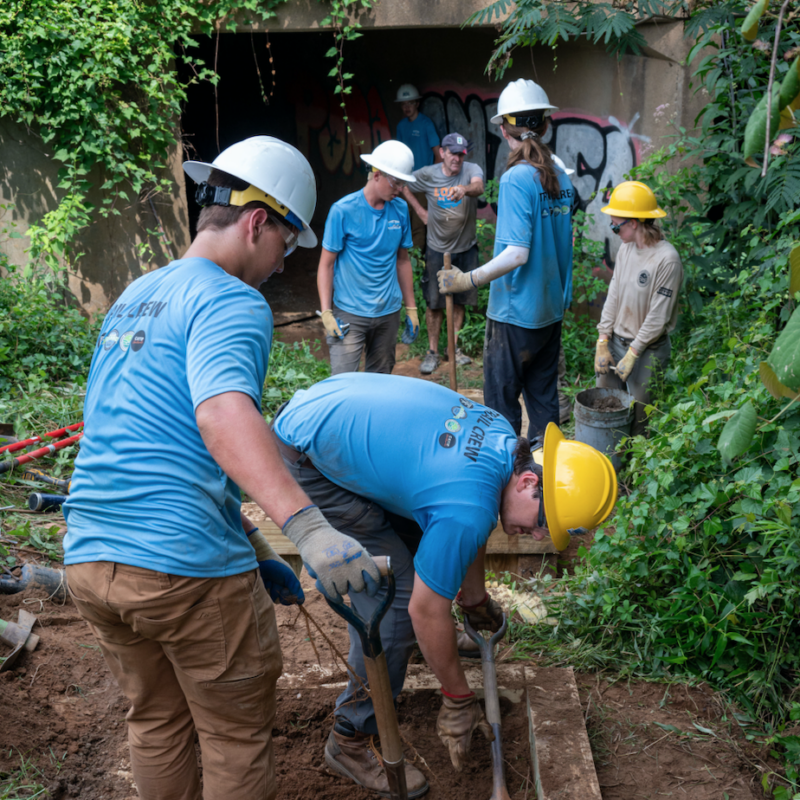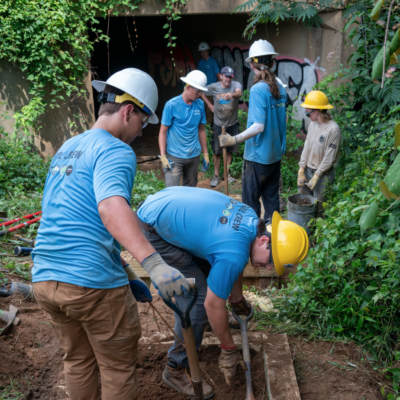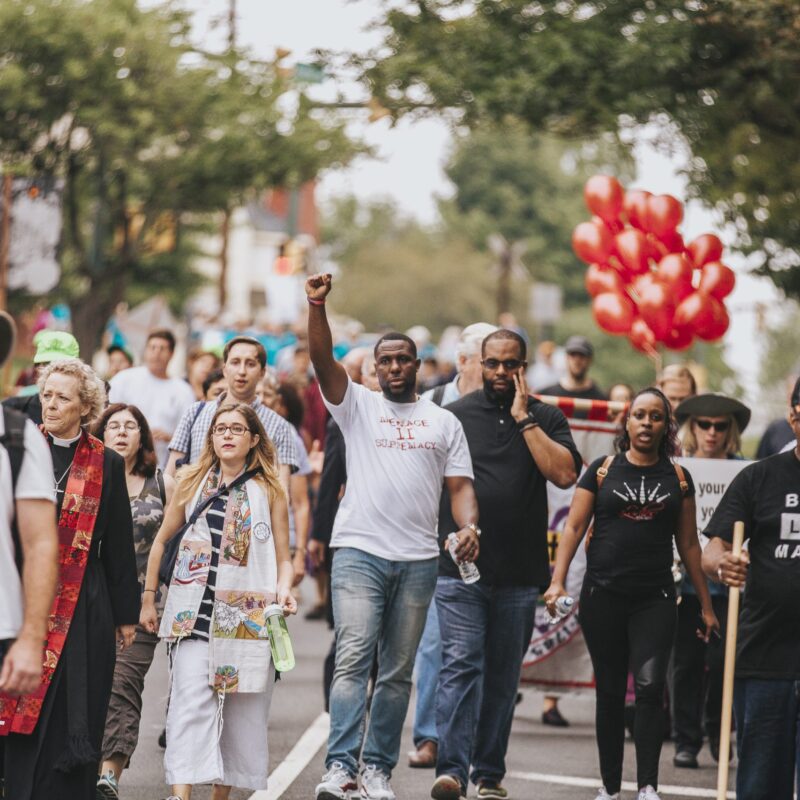Three months after the May 3 death of UVA lacrosse player Yeardley Love—allegedly at the hands of fellow student-athlete George Huguely—President Teresa Sullivan disclosed how the University plans to enforce the requirement that students self-report.
|
Dean of Students Allen Groves says that the self-reporting policy is not a new system, but was adopted in 2004 and included in the student handbook. “I am confident that a number of students out there probably were not aware of this policy. It’s among many non-academic policies,” he says. |
“My understanding is that we are now changing this from a passive notification system to a more active notification system,” said Sullivan, speaking to reporters in Madison Hall. This fall, all UVA students will have to disclose any arrests before they access NetBadge, a system where they access e-mail accounts and course materials. According to Dean of Students Allen Groves, a portion of the screen will remind students of their obligation to new incidents within 72 hours of occurrence.
For student-athletes, however, reporting requirements begin 48 hours earlier.
“The one place where there is a difference is student athletes have additional obligations to the athletic program and their coaches,” says Groves, who consulted with Athletic Director Craig Littlepage about the procedure. Sullivan said athletes are required to tell their coaches within 24 hours of an incident. “If we discover that they had not so informed the coaches, there are going to be appropriate sanctions taken by the athletic department,” she said.
Following Love’s death, news of Huguely’s previous run-ins with the law—a 2008 arrest for public drunkenness and resisting arrest—became public. Former University President John Casteen met with Virginia Governor Bob McDonnell to discuss introducing legislation requiring Virginia police departments to report arrests of UVA students to the University.
According to Littlepage, student athletes attend annual informational meetings with their teams concerning “team, department, University and NCAA rules.” Following the meetings, “they would need to do the self-reporting.”
In the event that an athlete reports an offense, he or she is not automatically dismissed from the team. Rather, “depending on the circumstances, a student-athlete could be suspended, return to participation, lose scholarship support or be dismissed from the team,” says Littlepage via e-mail.
Student self-reporting was first adopted in 2004, and, said Sullivan, it’s included in the student handbook. Still, Groves says that “a number of students out there probably were not aware of this policy.”
So, what happens to a student who reports prior arrests or convictions?
“We’ll evaluate the information to see what kind of follow-up, if any, needs to be done,” says Groves, who will review all students’ responses. “It could be as simple as looking at the information, making a note of it on our confidential database that’s only in my office, so that we know of this in the event that something happens in the future and we want to understand the context.”
The next step would be a conversation with the student, which may be a phone call or an e-mail to glean additional details, or a face-to-face. In the most serious cases, Groves says, the matter might be referred to the University Judiciary Committee or the University Threat Assessment Team, a committee created in response to the 2007 shooting at Virginia Tech that left 32 people dead.
Even if a student does not report a prior encounter with law enforcement—which could result in expulsion—Groves says information about incidents can come in from different sources, including notification from people familiar with the student.
“I can tell you over my time as dean there have been a couple of cases where students have been incarcerated, and that is obviously a flag,” says Groves.
Sullivan told media that, even in the case the General Assembly “wishes” to move forward with the reporting legislation, “our students come from other states as well.
“And for that reason, I actually like to rely on student self-reporting, because I don’t think we can require all 50 states to tell us what happens to our students when they are somewhere else,” she said.
Asked whether the policy violates students’ rights, Groves, who is an attorney, said that such disclosures are common practice in the business world. “I would hope that students, faculty, parents, everyone would understand that this is simply an issue of our attempting to make this a safe community,” he says.
C-VILLE welcomes news tips from readers. Send them to news@c-ville.com.






